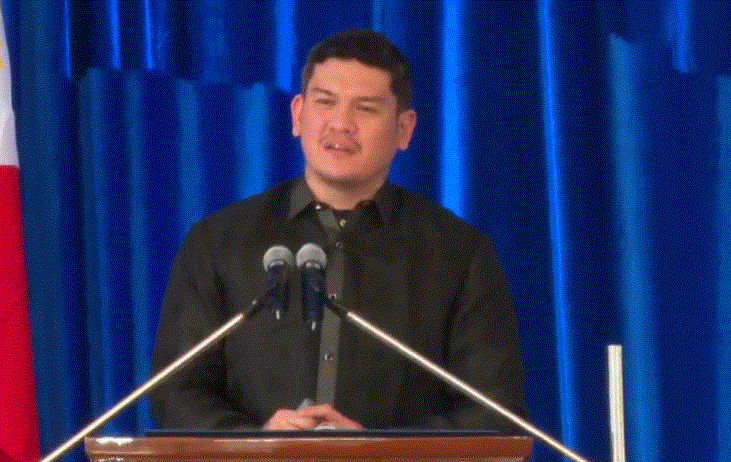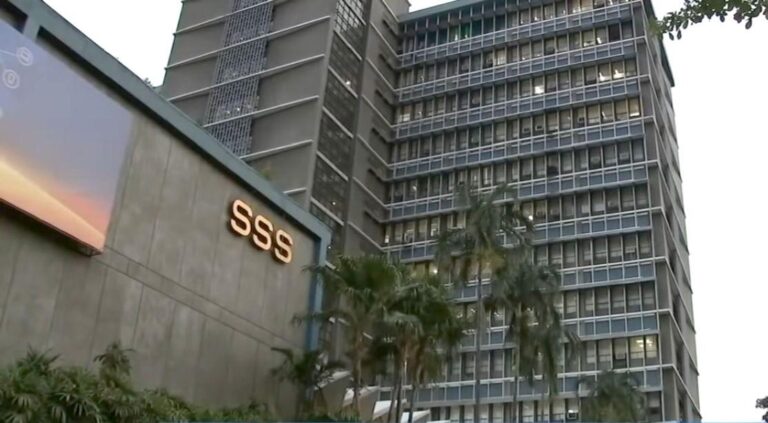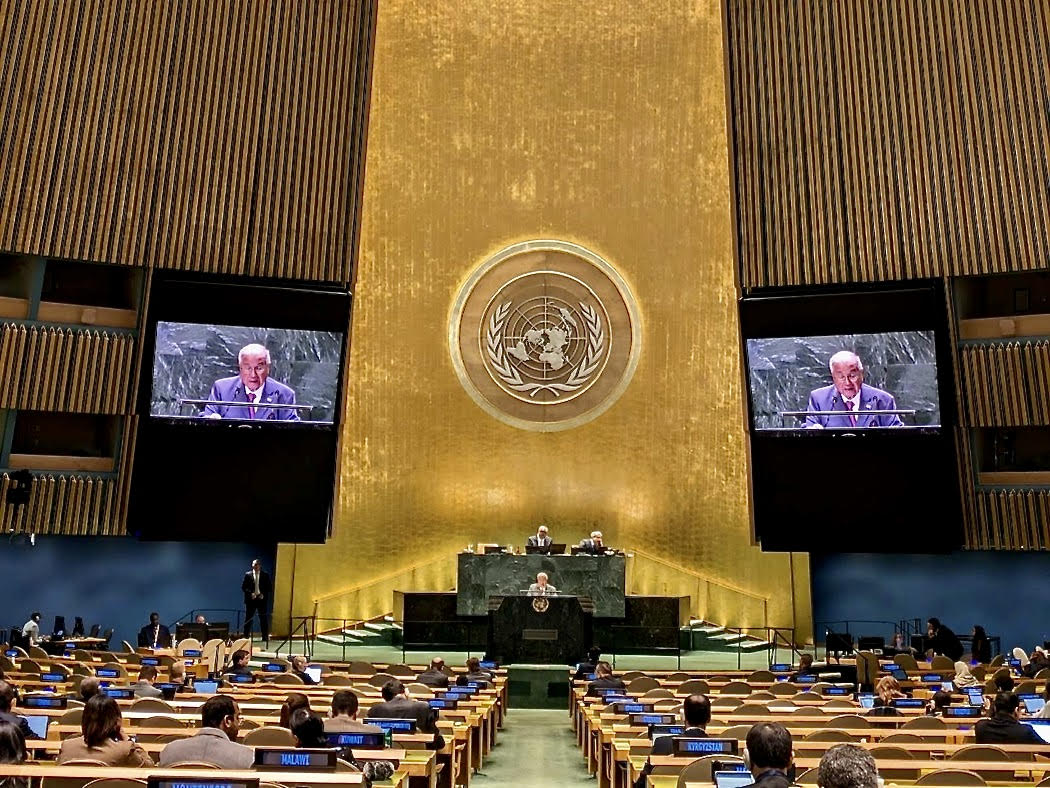LOS ANGELES, CA – The Philippines reaffirmed its sovereignty over Bajo de Masinloc, also known as Scarborough Shoal, during a United Nations General Assembly debate on oceans and maritime law. Led by Ambassador Antonio Lagdameo, the Philippine Mission to the UN strongly emphasized that Bajo de Masinloc is an integral part of the country’s territory, countering China’s claims over the area.
UNCLOS and the 2016 Arbitral Award
Ambassador Lagdameo highlighted the importance of the 1982 United Nations Convention on the Law of the Sea (UNCLOS) and the 2016 Arbitral Award on the South China Sea. These serve as the legal foundations of the Philippines’ claim to Bajo de Masinloc. The 2016 ruling, which is internationally binding, invalidated China’s expansive claims over the South China Sea, including Bajo de Masinloc.
New Philippine Maritime Laws
Lagdameo introduced two groundbreaking laws that reinforce the country’s maritime governance:
- Philippine Maritime Zones Act – This law defines the maritime zones under Philippine jurisdiction, aligning with international law.
- Philippine Archipelagic Sea Lanes Act – It establishes navigational routes within the Philippine archipelago, enhancing maritime security and governance.
“These laws not only strengthen our alignment with UNCLOS but also boost our ocean governance, maritime policies, and national security,” Lagdameo said at the UN.
Criticism of China’s Actions
Ambassador Lagdameo openly criticized China’s actions around Bajo de Masinloc, stating they undermine international law. He pointed to China’s establishment of baselines and submission of territorial sea maps around the shoal as clear violations of UNCLOS and an attempt to disrupt the rules-based international system.
“Bajo de Masinloc, located west of Luzon, is within the Philippines’ exclusive economic zone. China’s unilateral actions disregard international law and threaten the stability of the region,” Lagdameo declared.
Peaceful Resolution Commitment
Despite the challenges, the Philippines remains committed to peaceful means of resolving disputes. Lagdameo reaffirmed the country’s adherence to the principles of the UN Charter and the Manila Declaration on the Peaceful Resolution of Disputes.
“We will continue to assert our sovereignty, sovereign rights, and jurisdiction over the South China Sea through peaceful and legal channels,” he said.
International Support and Advocacy
The debate at the UN General Assembly focused on issues related to Oceans and the Law of the Sea, an annual agenda item addressing maritime law and governance. Lagdameo’s speech showcased the Philippines’ dedication to upholding international law and strengthening partnerships to protect its maritime rights.
A Stand for National Security
As global attention turns to the South China Sea, the Philippines’ firm stance sends a clear message: territorial integrity and respect for international law remain at the core of its foreign policy. Through legal frameworks and diplomatic efforts, the Philippines continues to safeguard its maritime interests, ensuring that Bajo de Masinloc remains part of the nation’s sovereign territory.

















